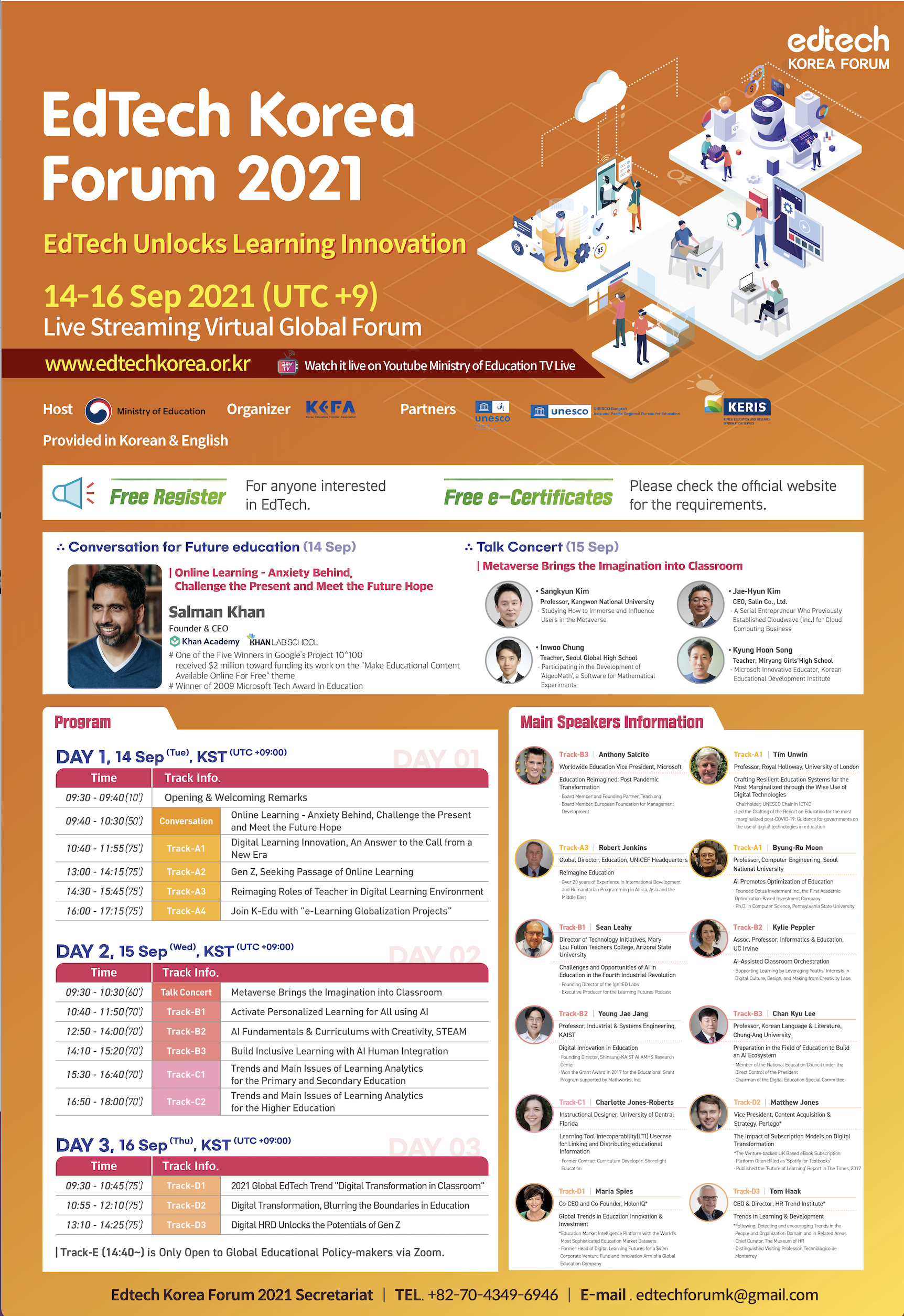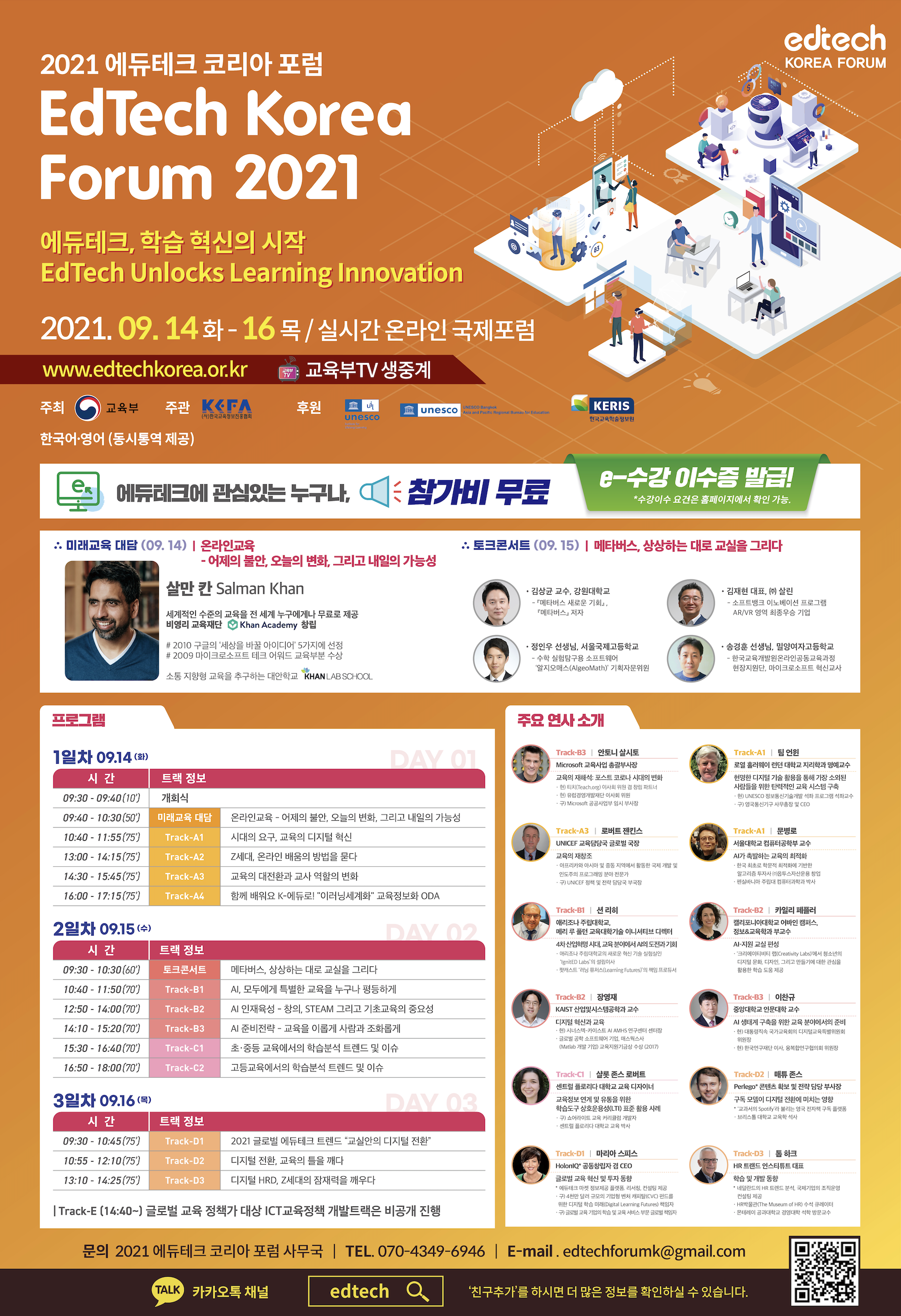In this bonus episode of the Learning Futures Podcast Dr. Sean Leahy talks about the importance of educating for sustainable futures, discussing the opportunities and challenges. Dr. Leahy explores the urgency created by the Fourth Industrial Revolution, and the need to prepare for the uncertainty by engaging in futures thinking and other futures methodologies.
Futures Thinking: Exploring the adjacent possible (new book chapter)
“There has never been a time of greater promise, or greater peril ”
How can the educational system shift to a proactive–participant model in exploring the adjacent possible ushered in through the inherent uncertainty of the Fourth Industrial Revolution? How can we look to historical patterns of disruption to gain insights into the challenges of preparing for future uncertainties? How can all of this lend itself to a more sustainable futures? Find out in the ‘exciting’ new book chapter referenced below that was published in Uncertainty: A Catalyst for Creativity, Learning and Development (edited by Beghetto and Jaeger)
We (Punya Mishra, Ben Scragg, and I) invite you to read along through our recently published book chapter and join the conversation around this growing field of inquiry in educational futures and futures thinking.
[APA Citation]
Leahy, S.M., Scragg, B., Mishra, P. (2022). Creatively Confronting the Adjacent Possible: Educational Leadership and the Fourth Industrial Revolution. In: Beghetto, R.A., Jaeger, G.J. (eds) Uncertainty: A Catalyst for Creativity, Learning and Development . Creativity Theory and Action in Education, vol 6. Springer, Cham. https://doi.org/10.1007/978-3-030-98729-9_17
Abstract
In this chapter we explore the unknown possibilities that lie in the shadows of disruptions and innovations known as the adjacent possible. We frame the challenges educational leaders face when trying to prepare for an increasingly volatile, uncertain, complex, and ambiguous world that is propelled into the Fourth Industrial Revolution imbued with rapidly changing and unevenly distributed technological proliferation. Throughout our chapter, we offer strategic mindsets in design and futures thinking to combat the growing challenges of preparing educational systems that are rife with existing deep and complexly interwoven wicked problems for uncertainty. We propose that looking to the past, we can discover insights into meta-patterns and the ways we failed to predict the futures that emerged from previous discoveries and innovations. Using this frame, we discuss the potential of combining the interconnected mindsets of futures thinking and design, not to predict the future, but to prepare our educational systems for the uncertainty of the future.
Challenges and Opportunities of AI in Education
EdTech Korea Forum 2021
September 15, 2021 | Conference theme: EdTech Unlocks Learning Innovation
It was an honor to be invited to speak at the EdTech Korea Forum 2021 on artificial intelligence in education. EdTech Korea Forum is the largest ICT conference in Korea, hosted by the Ministry of Education of the Republic of Korea, and was presented in English and Korean languages. The conference presenters represented a rich and diverse group of presenters from a range of professional experts including educators, policy-makers, industry partners, and academics.
My presentation was titled: Challenges and Opportunities of AI in Education in the Fourth Industrial Revolution.
Abstract: (From Conference Website)
As our collective global society stands on the precipice of the Fourth Industrial Revolution ushered in through the rapid advancements and convergence of digital, biological, and physical technologies and innovations, the challenges and opportunities for the education system have never been more salient. Advancements in artificial intelligence (AI) have presented the system of education with an emergent horizon of new technological applications to address historical and contemporary challenges facing the educational system. This presentation will explore the emerging role of AI in education, and address issues around the impact of fair distribution, unintended consequences, and the need for a humanistic approach to emerging technologies of the Fourth Industrial Revolution.
Below is the flyer for the event (one in English the other in Korean)


Invited Lecture: Principled Use of Technology in the Fourth Industrial Revolution
On February 22, 2020 I delivered an invited presentation on the “Principled Use of Technology in the Fourth Industrial Revolution” as part of the Principled Innovation: Leadership for today, tomorrow and the future conference held at Arizona State University.
The main objective of this particular talk was to provide a general ‘provocation’ or ‘call to action’ for educational systems leadership to take note of the emerging Fourth Industrial Revolution, and to understand the implications of the potential systems-disrupting innovations and convergence of physical, digital, and biological technologies.
This talk also presented the audience with a cursory exploration of the need for organizational leadership to engage in strategic foresight and futures thinking.
To help illustrate the complexities of future uncertainty I also explored the Black Swan Theory and model used to demonstrate the potential peril or promise from new or converged technological advancements in society.
Overall it was a fun and engaging presentation with a lively group of participants that drove an enriching conversation throughout the session.




